In the current digital era, children are often surrounded by screens, apps, and fast fixes. Despite their convenience, these devices can deprive kids of the chance to practice critical thinking and problem-solving. Abacus learning is a tried-and-true technique that enhances math proficiency while also naturally and amusingly enhancing memory and focus.
What is an Abacus?
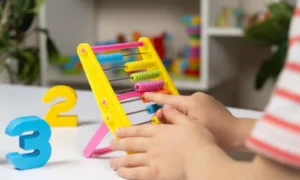
An abacus is a simple tool made of beads and rods used to conduct arithmetic calculations. It may appear antiquated when compared to calculators and computers, yet it remains one of the most effective brain development tools for young students. Through regular practice, youngsters may execute difficult numbers mentally by imagining the beads in their minds, a talent known as “mental abacus.”
How Abacus Learning Improves Math Skills
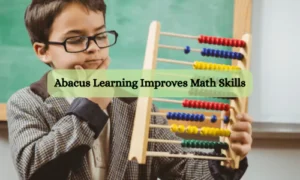
Abacus training starts with basic arithmetic: addition, subtraction, multiplication, and division. As children move beads to represent numbers, they begin to understand number patterns and logic better than they would through rote memorisation.
With time, they start solving problems faster, more accurately, and with greater confidence. Many children even begin to calculate quicker than a calculator, all thanks to a deeper understanding of how numbers work.
Improving Memory Through Visualisation
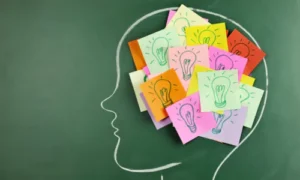
The development of powerful visual memories is one of the biggest benefits of learning with an abacus. As children learn to see the abacus and solve problems without using the real tool, they train and build their memory muscles. This visual method of learning allows pupils to remember and recall material more quickly, not only in arithmetic but also in other areas.
Enhancing Focus and Concentration
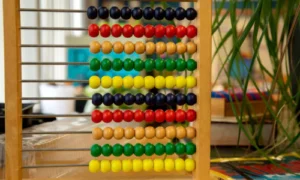
Abacus learning is more than just numbers; it’s about discipline. Each calculation needs complete concentration, focus, and accurate hand-eye coordination. Children naturally improve their attentiveness and become less easily distracted over time. This improved focus translates into better academic achievement and a longer attention span in the classroom and at home.
Why Start Early?
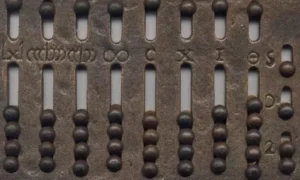
The optimal age to begin abacus learning is between 5 and 12 years old. At this period, the brain is extremely active and adaptable, making it simpler to absorb new ideas and create long-term habits. Starting early provides students with a solid arithmetic foundation and teaches them to approach issues with a calm and concentrated mindset.
Final Thoughts
Abacus learning is more than simply a technique to solve math problems; it is a comprehensive brain development curriculum. It promotes logical thinking, memory retention, and concentration, all while making learning enjoyable and interactive. For parents and educators wishing to offer their children a lifelong advantage in academics and beyond, the abacus is a simple yet effective instrument to consider.


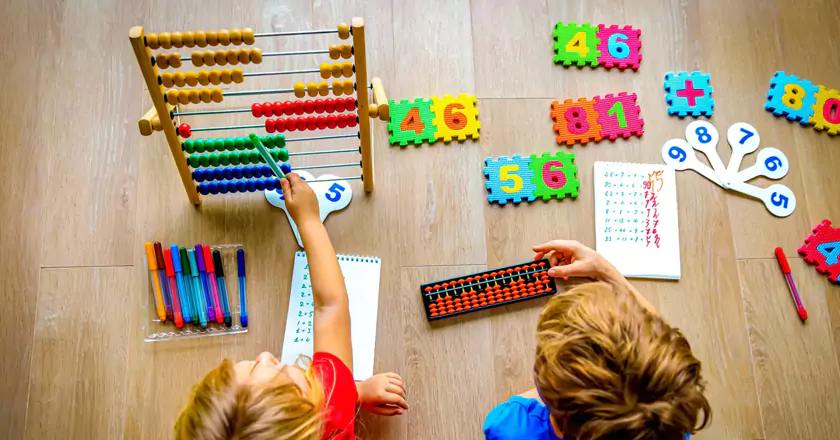
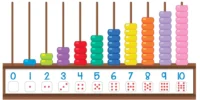

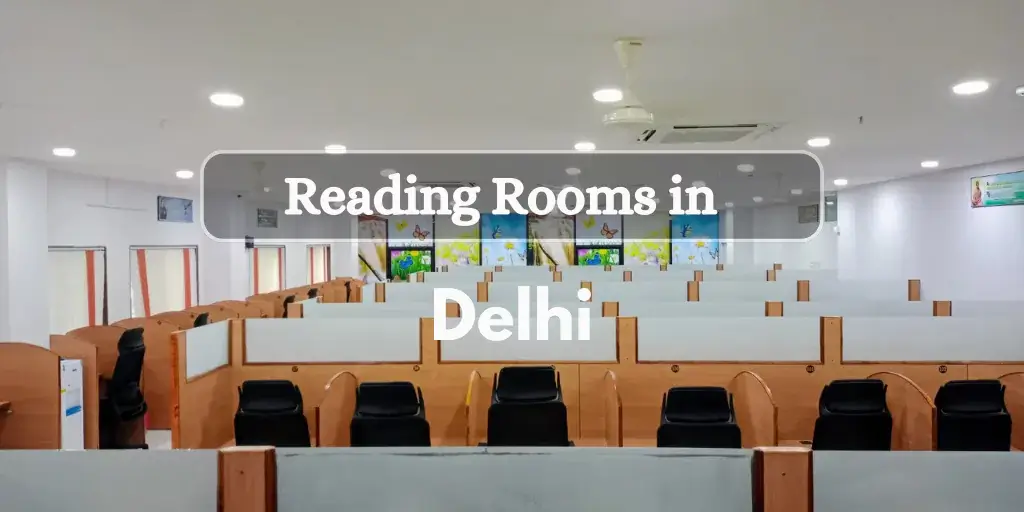
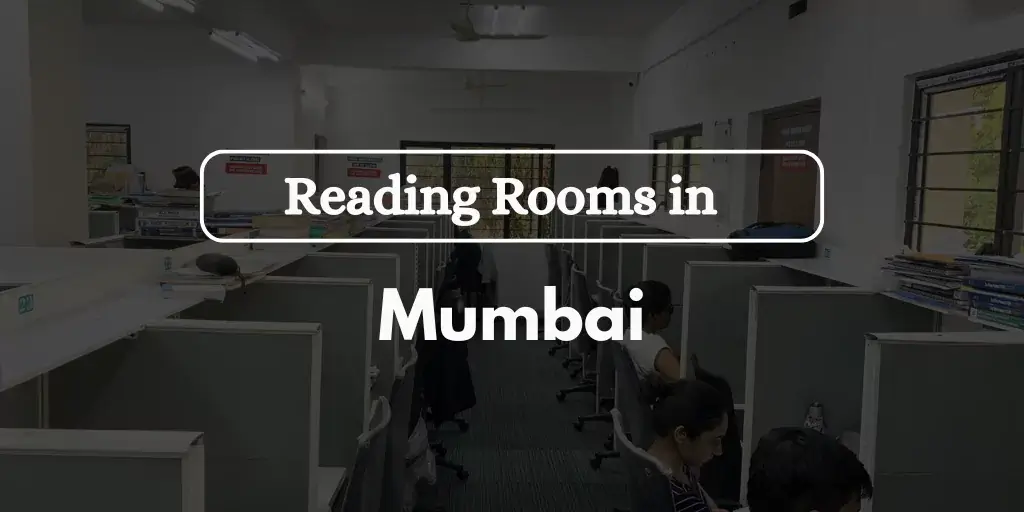
askbrainy-801
June 26, 2025Experience Brainy https://askbrainy.com the free & open-source AI assistant. Get real-time web search, deep research, and voice message support directly on Telegram and the web. No subscriptions, just powerful answers.